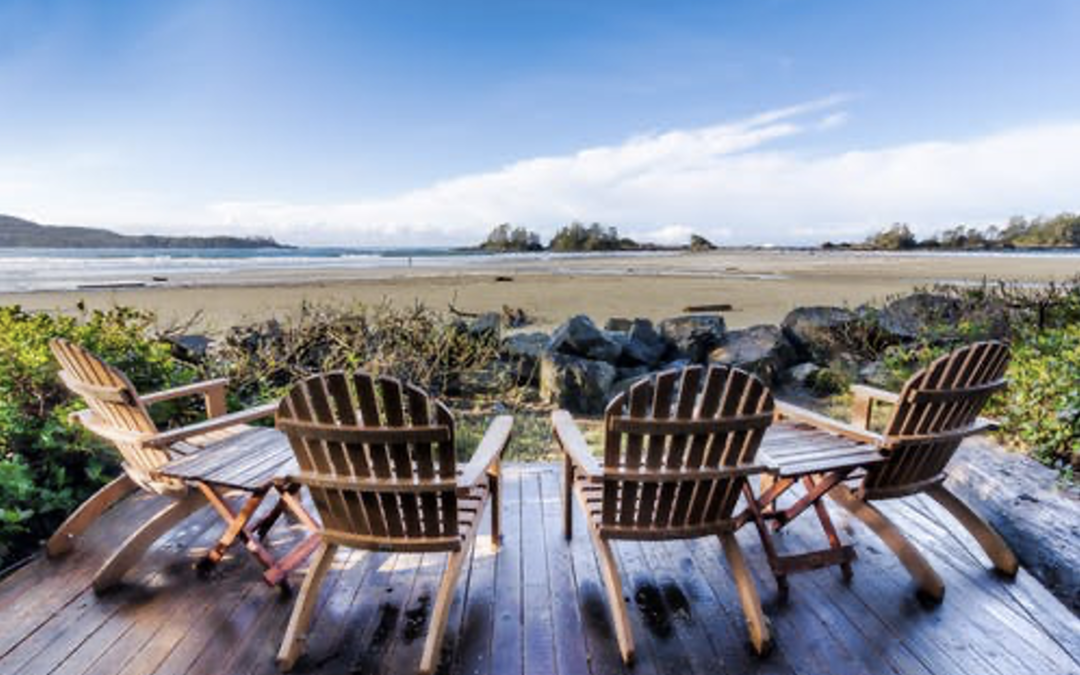With increased COVID-19 vaccination availability and improved weather, people are eager to spend more time outdoors. The sunshine draws us out to kayak, hike, and cycle, as well as to lounge and rest. There is a desire to expand our time outdoors and the space in which we enjoy it. As such, association Boards and Architectural Control Committees (“ACCs”) may see more requests to “alter common areas” to increase the size of patios and other outdoor spaces used by condominium Unit owners. This desire raises issues with the statutes and condominium declaration provisions that govern condominiums.
The Washington condominium statutes, RCW 64.32, RCW 64.34, and RCW 64.90, require each condominium declaration to define the common elements of the condominium, which are spaces for the use of all Unit owners, and the limited common elements, which are designated for use by specific Units, usually adjacent to the Units at issue. Pursuant to most declarations, green space open to all units is a common element, but decks and patios are generally designated as limited common elements, assigned to the adjacent units.
Taking out bushes and laying down pavers, or otherwise altering the common element greenspace around a unit to increase the space used by that Unit is likely a reallocation of elements, combination of common element and limited common element space, or incorporation of the common element, which can only be accomplished in compliance with the applicable statute and declaration provisions.
Washington condominiums are governed by one of the condominium statutes based upon when the condominium was created. Generally, the condominium’s Declaration, otherwise known as the “CC&Rs” (covenants, conditions and restrictions), identifies which of these statutes governs the particular condominium, but each of these statutes has a similar requirement:
- RCW 64.32.090 requires the condominium Declaration to define common areas and limited common areas, and to include procedures for combining these areas. As the common areas and limited common areas are defined in the Declaration, an amendment of the Declaration is likely required to accomplish the reallocation of elements, combination of common element and limited common element space, or incorporation of the common element.
- RCW 64.34.232 requires a vote of at least sixty-seven percent of the membership and an amendment to the Declaration, survey map, and/or plans. Many declarations increase the 67% requirement to 75% of the membership.
- RCW 64.90.225, a provision of the Washington Uniform Common Interest Act, the newest of the acts governing condominiums, requires the condominium Declaration to describe any limited common elements and to reference a recorded map creating the units and common elements. Converting a portion of a common element to a limited common element would also likely require an amendment to the condominium’s Declaration and survey map.
Under each statute, an amendment to the condominium Declaration is likely required to alter common element outdoor space into limited common element space for the use of a specific unit owner. Association Boards and ACCs do not have the authority to independently vote to amend these documents. As such, neither the Board of Directors nor the ACC can approve any alteration that incorporates a common element into a unit or limited common element. Each declaration defines its own amendment procedures; and the governing statute dictates that a super-majority of votes of the members is required to accomplish this.
Although increasing outdoor space for a single unit requires a vote of at least sixty-seven percent (67%) and an amendment to the recorded governing document, there are still ways to improve outdoor spaces for all condominium members. Common element outdoor spaces should be maintained to maximize the benefit to all unit owners. This will not only provide for enjoyment of those outdoor spaces, but may also allow the for the venue at which community members can begin reconnecting safely after many months of isolation and social distancing. It is time to start enjoying the sunshine and reconnecting with our neighbors and communities, while staying within the boundaries of health guidelines, our communities’ governing statutes, and condominiums’ governing documents.

Recent Comments